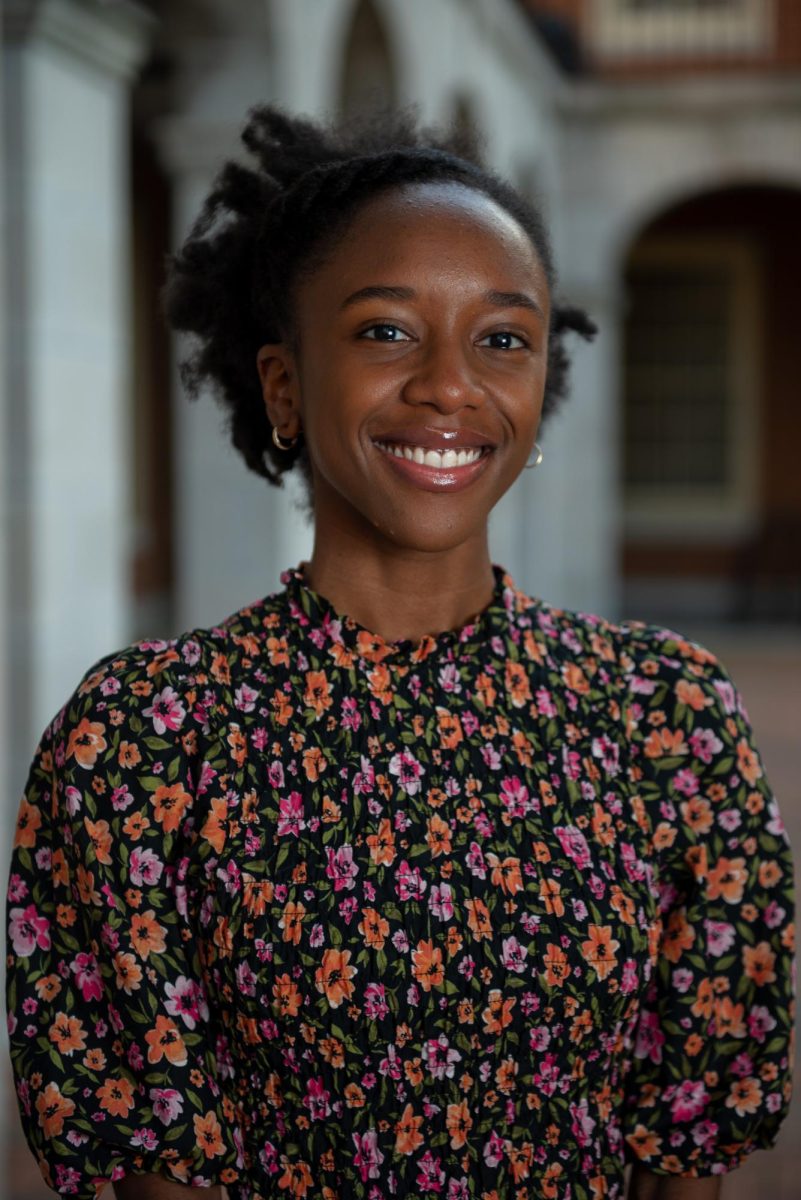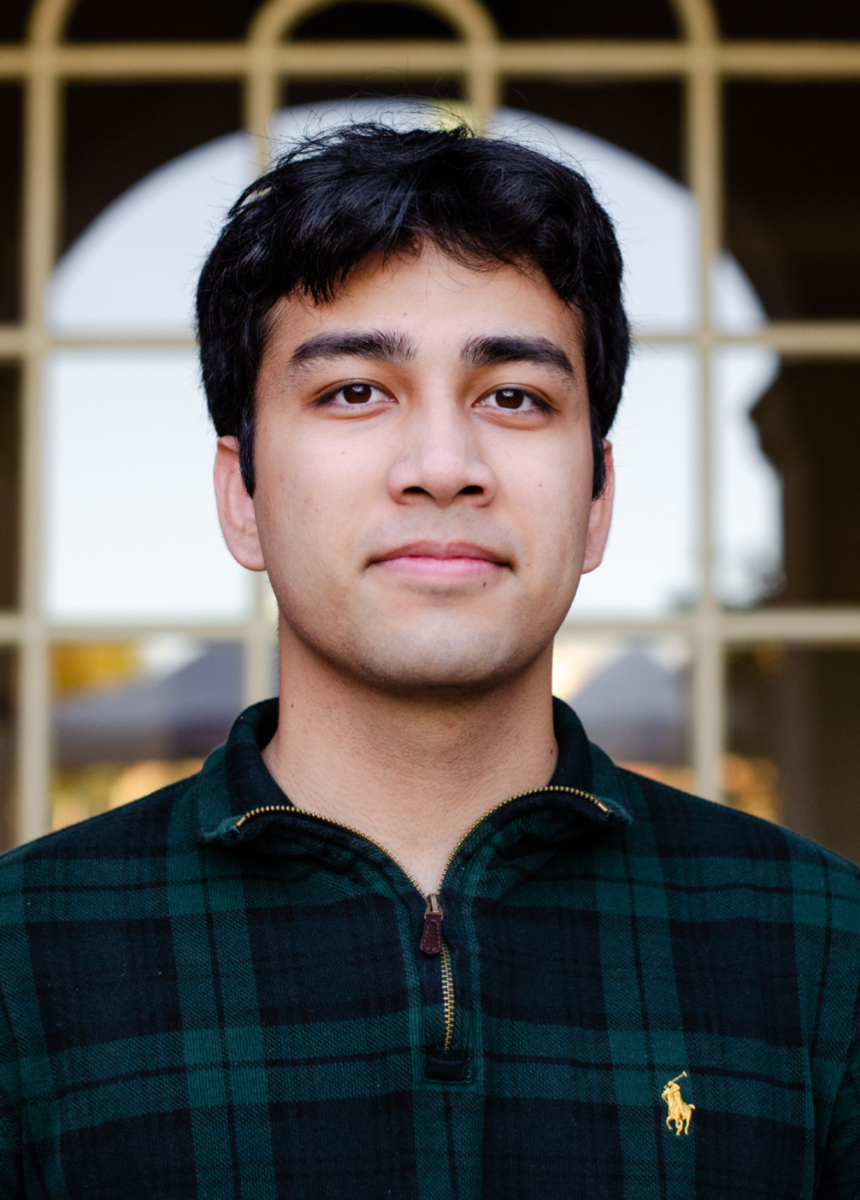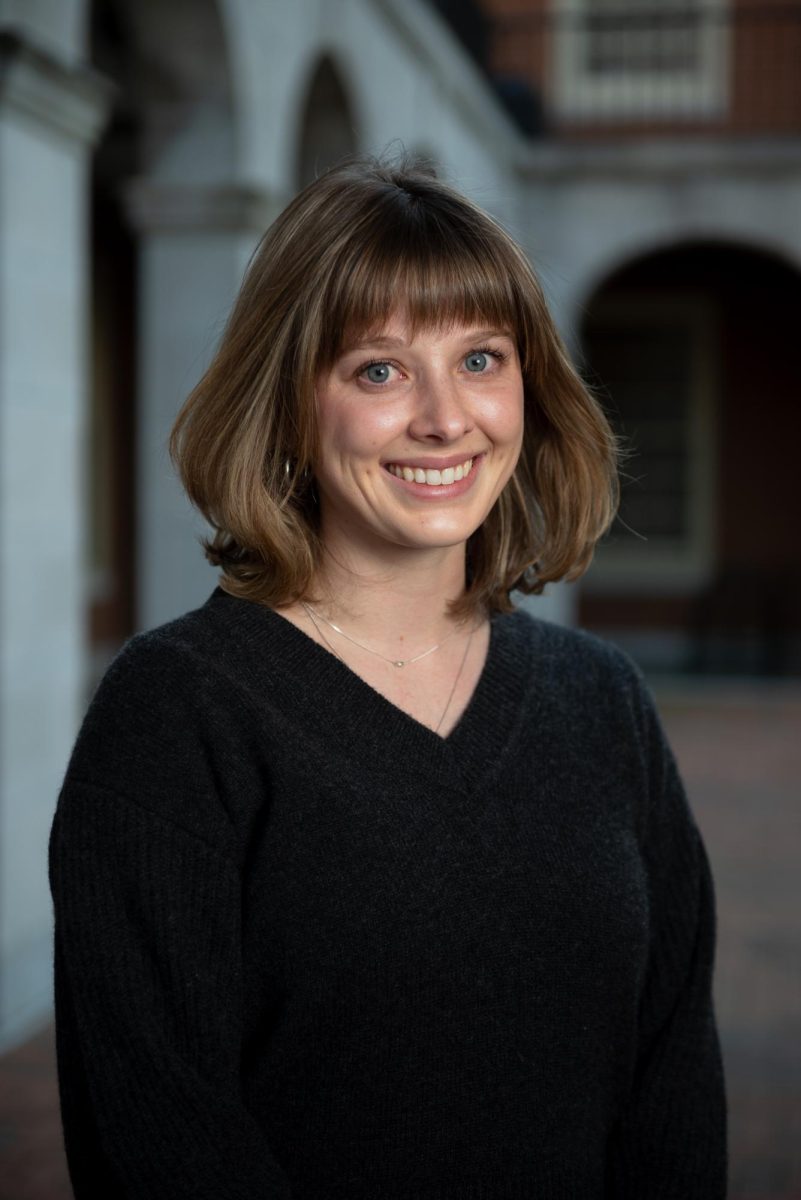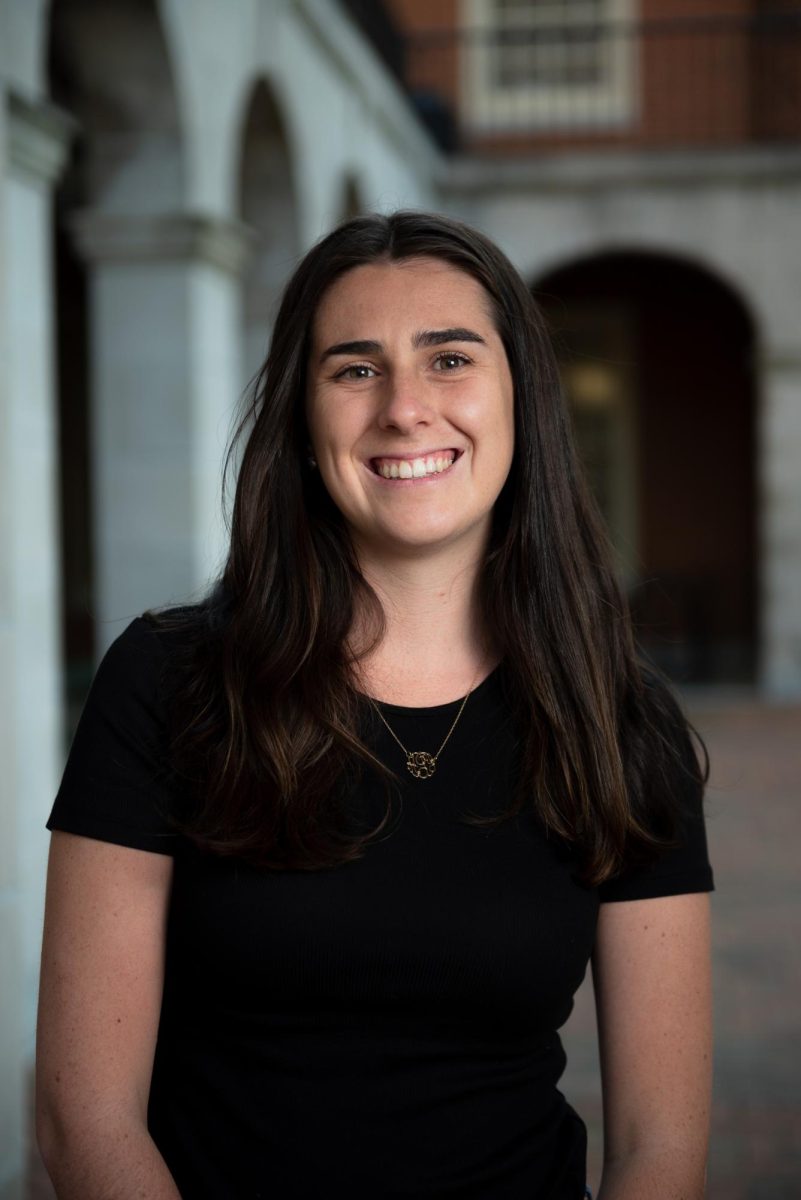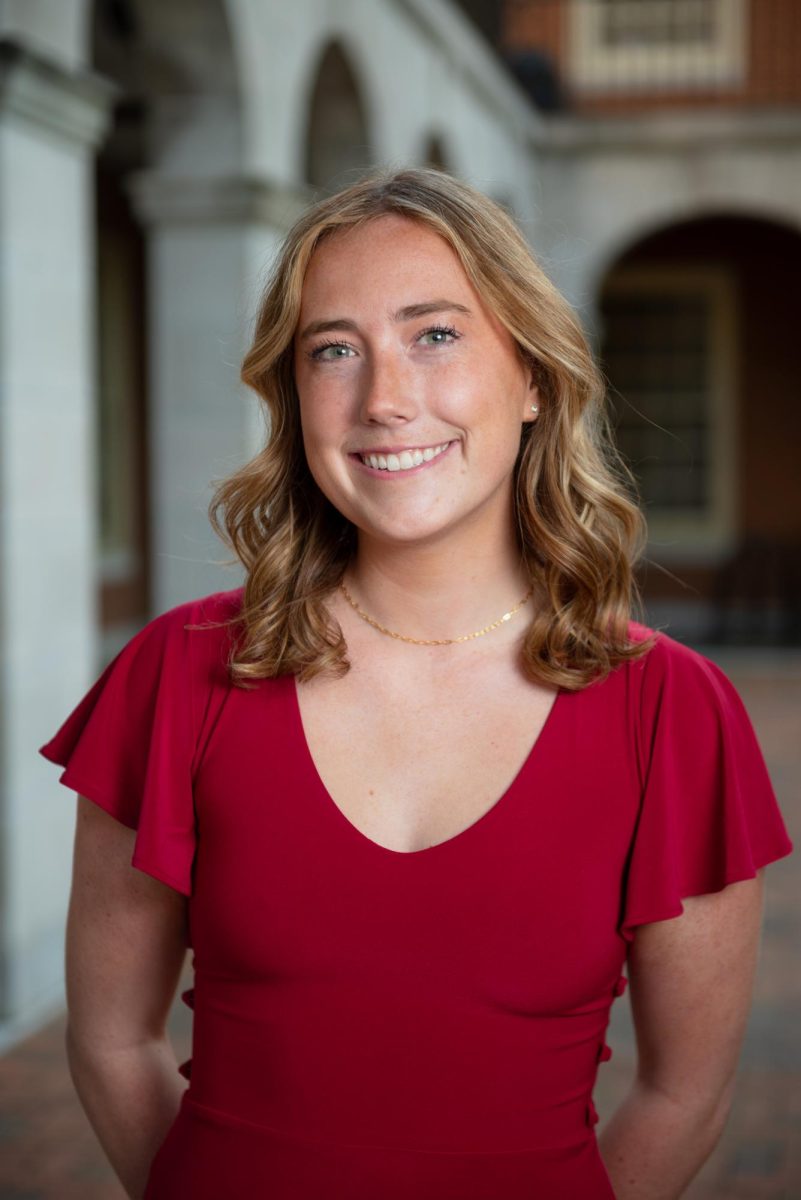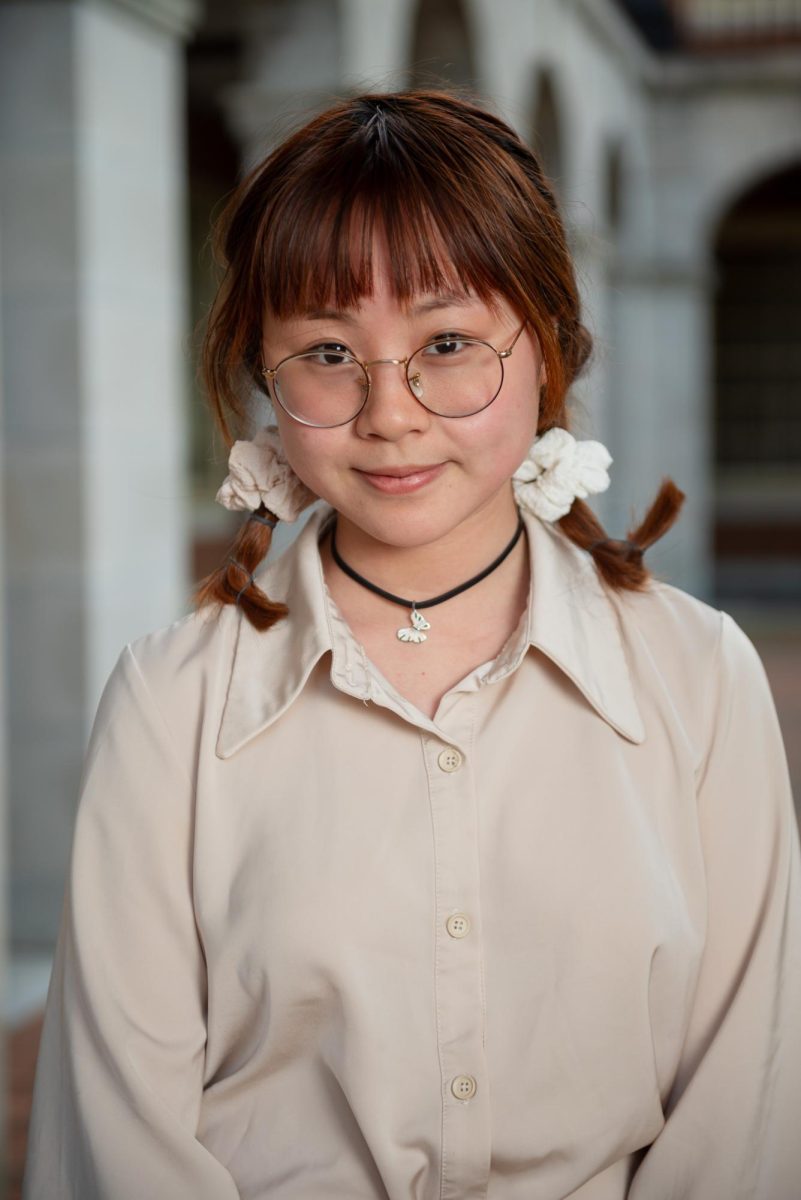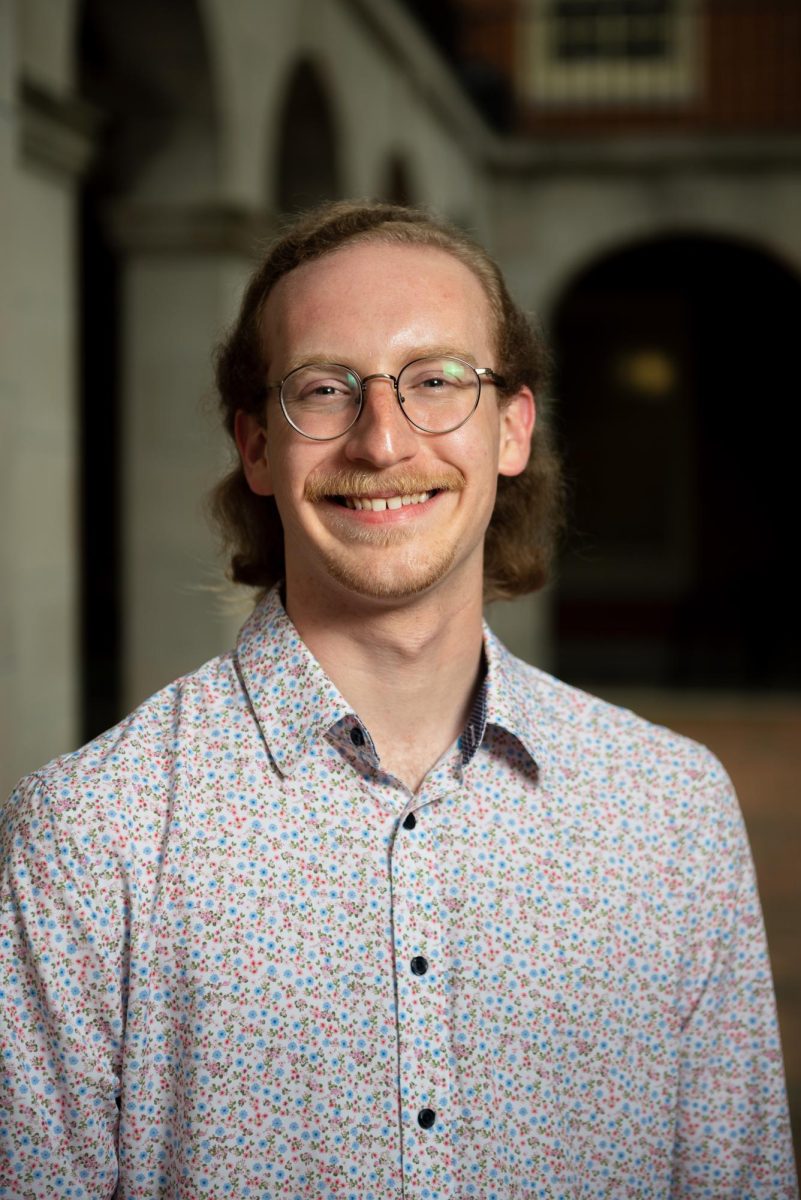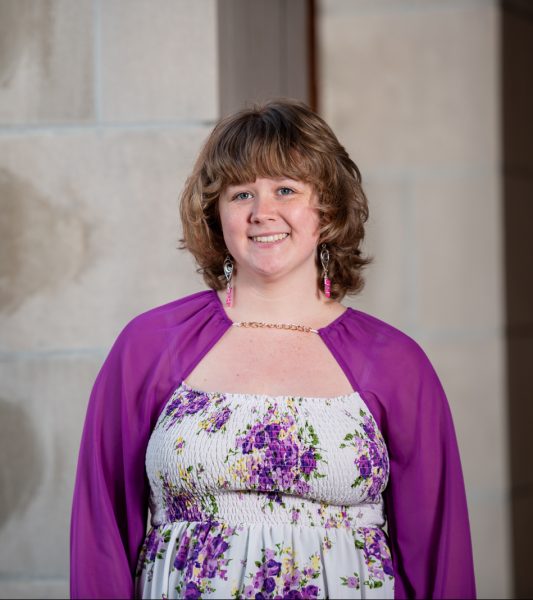Many students come into university unsure of what they wish to do, but Brielle-Anne Michel found her love for biochemistry early, after taking a course in high school.
“I didn’t know what biochemistry was until my junior year of high school when a professor that used to teach at NC State University spent two or three years teaching science electives at my school,” Michel said. “She taught an introduction to biochemistry [course], and I was like, ‘Okay, this course is interesting because it combines my interest in biology and my interest in chemistry.’”
She continued: “I feel like both of those subjects have their pros and cons in terms of what I liked and what I didn’t like. And then I found that the combination of the two was a perfect match for my interests.”
Since coming to Wake Forest, Michel has added two additional minors: writing and bioethics. She has also worked as a volunteer for a pre-orientation program, Growth in my Growth Mindset in STEM — the same one she participated in as a freshman. The program has since been discontinued.
“I became a mentor for several undergrads here on campus in terms of being an open resource for them to talk to about classes or [what] life [is] like as a marginalized person in STEM,” Michel said. “ I feel like I gained so much in that program. And it’s so great to see people I used to mentor … and just seeing them doing their own thing.”
While her love for biochemistry came to fruition in high school, Michel recalls being interested in the life sciences for a long time before then. In elementary school, her loves consisted of history and science.
“If you look at all the science fair projects I did, I always did stuff about how … plants grow with music or [in] different conditions, and that kind of evolved from plants to more human interests,” said Michel.
Several individuals in Michel’s family are healthcare workers, so, according to her, her love of science was almost embedded into her genes. She knew she was not interested in health care, though, and was eventually introduced to research in her high school biochemistry research.
“I kind of talked to [my teacher] about potential career paths and really liked this science topic,” Michel said. “She was like, ‘Why don’t you think about … research? That’s a potential career.’ And so I was like, ‘Okay, how do I get into that?’ and she [said], ‘You’ll find out in college.’”
Michel’s teacher turned out to be correct, and she began participating in Dr. Patricia Dos Santos’ research laboratory in her freshman year spring semester. She is still involved in research today — spending the majority of her time in the lab.
“If I were to get paid, I’d be working almost full-time in my lab,” Michel said. “I’ve been doing research ever since [my freshman year]; I fell in love with the topic, and that has ultimately influenced my future career goals.”
After graduation, Michel will be attending Duke University for their University Program of Genetics and Genomics PhD program in the fall. Long-term, she is still deciding her path, but is looking at potential careers in biotechnology or scientific communications.
While she gets ready for the last stretch of her journey as an undergraduate, Michel expresses gratitude for the education provided to her by the biochemistry department.
“The title of the major seems intimidating,” Michel said, “but honestly, I feel like it’s one of the most enriching … majors. Even though it is challenging at some points, I’ve gotten the most out of it.”



